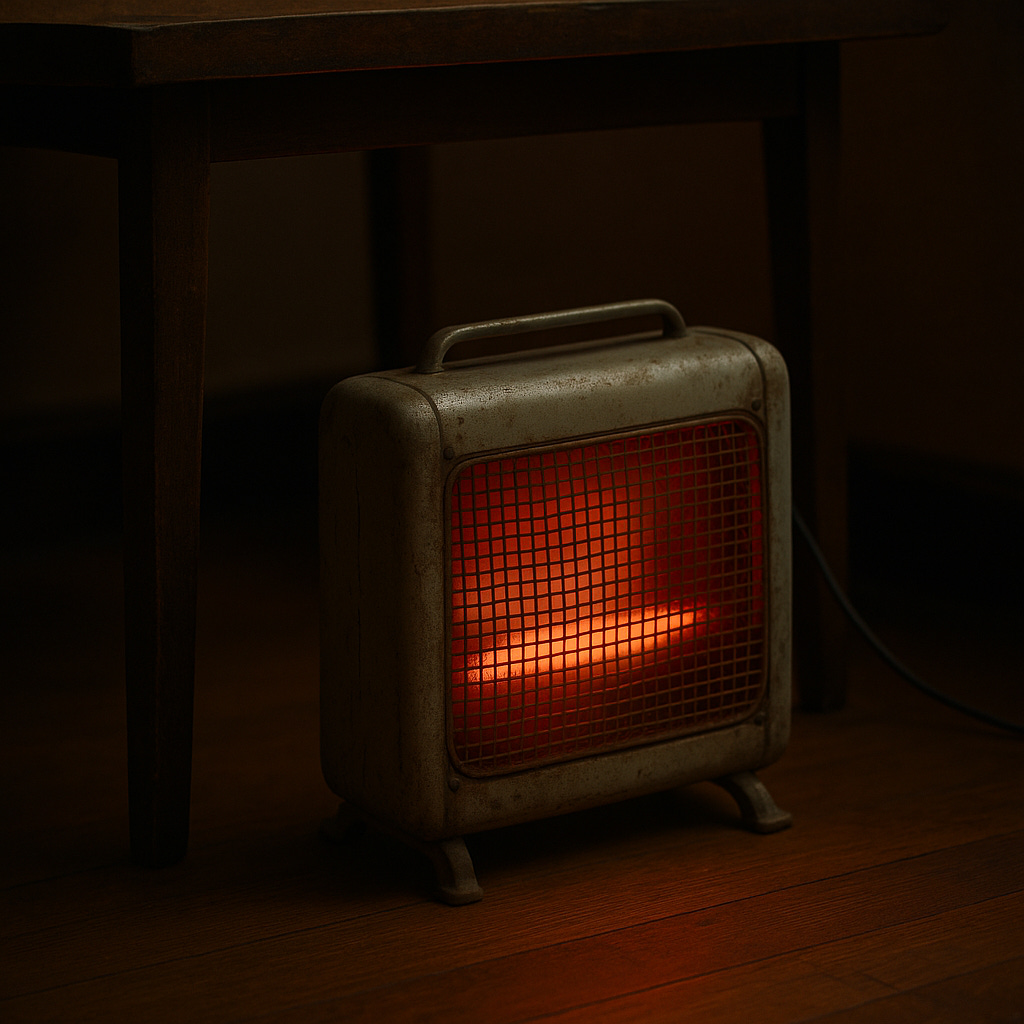RuthAnne Visnauskas: The Absent Landlord
A city’s quiet bureaucrat and the slow, polite disappearance of affordability.
RuthAnne Visnauskas runs the state’s housing machine—a quiet empire of acronyms: HCR, DHCR, SONYMA. She is the Commissioner, the CEO, the keeper of the word affordable in a city that now treats it like a collector’s item. On paper, she builds and preserves homes for working families. In practice, she governs distance—her name on the letterhead, her deputies on the livestream, her silence in the rooms that shape our rent.
I don’t doubt her sincerity. She believes in policy the way some believe in ritual: repetition as faith. Her achievements are measurable—thousands of units financed, audits answered, budgets balanced—and yet the middle class she was meant to protect has turned into an endangered species. If she’s the architect, the blueprints were drawn on melting ice.
I turn on my small heater and watch it blink awake, a mechanical mercy. The building’s heat is out again. The management company—another acronym that never calls back—promised repairs before Thanksgiving. It’s October now, and my fingers have learned to type in mittens. I tell myself not to worry about the new electric rates. I am frail enough to need warmth but proud enough to resent it.
From my window, the old electric plant stares back at me. Once it powered a city. Now it powers nostalgia. The sky above it leaks a tired gray light, the kind that never warms. I remember sitting on the bench that used to face it—the one David and I favored before they took it away. He said the young men were smoking there again, as if that explained anything. These days he’s busy authorizing vendors to sell flowers and pills from the old doctor’s office. Roosevelt Island, forever tidy in its moral disarray.
Community Notice
Researchers at Weill Cornell Medicine’s Center on Aging and Behavioral Research are conducting a new study to understand how everyday challenges affect older adults experiencing mild memory changes — and how new technology might help.
Participants will be compensated.
To learn more click here.I stare at the empty space where the bench was and begin to imagine—because dreaming feels indulgent now. In my mind, David is at a table again, surrounded by the city’s polite custodians of decline. RuthAnne sits beside him, soft-spoken, precise. They talk about revitalization and community benefits, words that sound harmless until you realize they’ve been hollowed out by use. A red-haired woman applauds every sentence. No one notices the floor tilting beneath them.
I watch from the doorway, invisible as the people they represent. Every smile is gentle; every gesture sells a future. Somewhere, the word affordable dissolves in the room like sugar in hot tea.
The radiator coughs once and dies. I switch the space heater back on. The red light winks—faithful, humming, like a witness who has seen this before.
Maybe it was never stolen. Maybe we all traded it away, one policy, one rent increase, one quiet nod at a time.
*This is a work of narrative storytelling inspired by real events. Some characters, dialogue, and scenes are imagined to convey broader truths and do not depict actual conversations or individuals.


